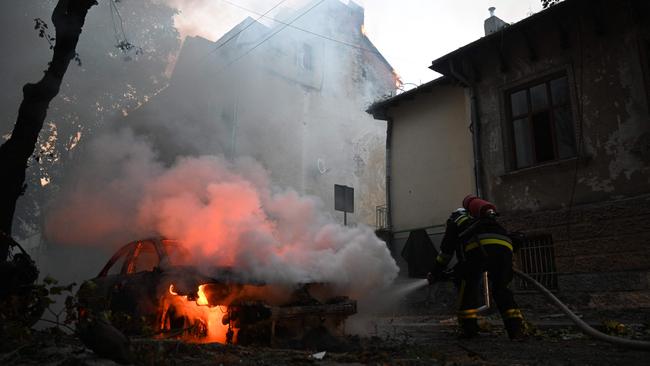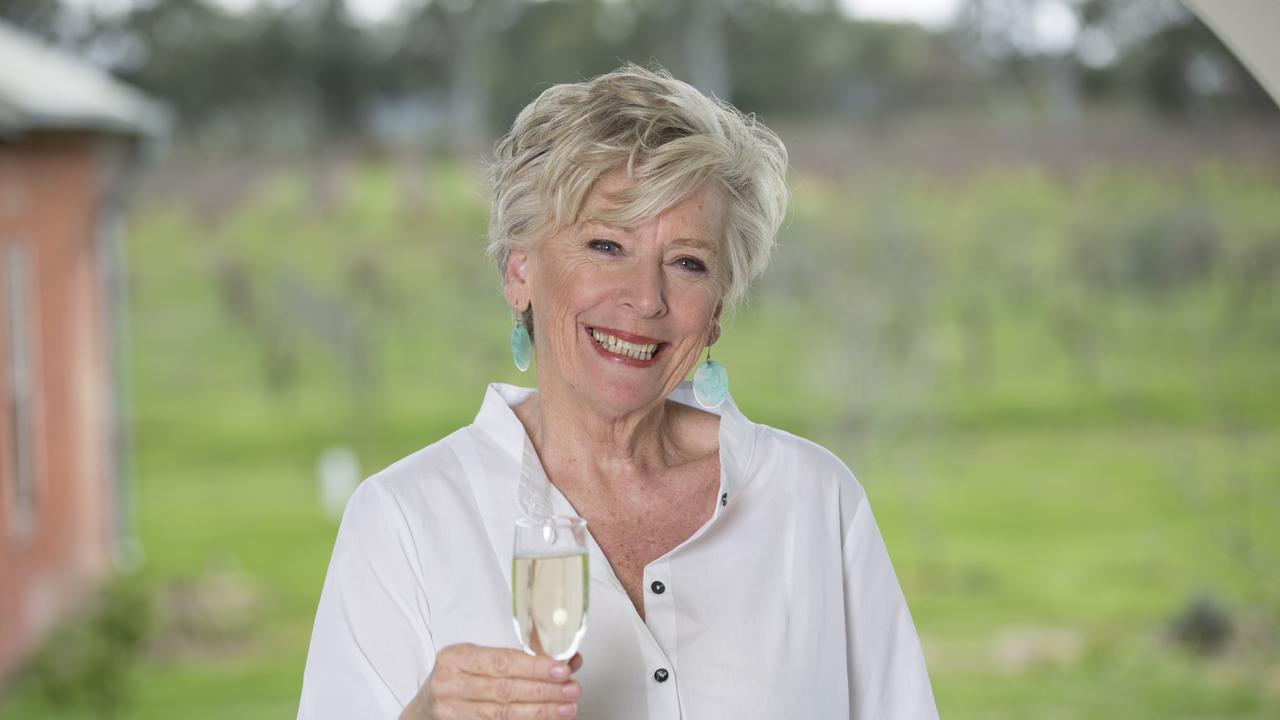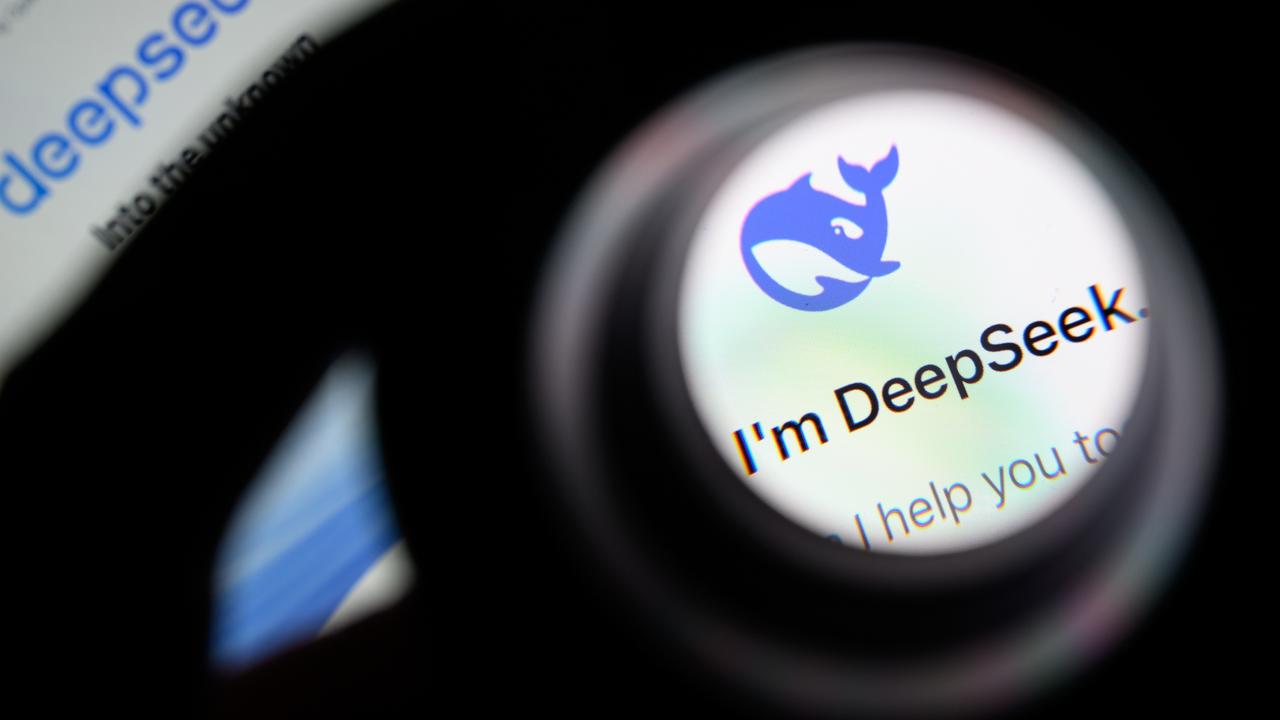The Aussie supermarket supply dispute and how it was settled from a hotel in war-torn Ukraine
Food Code’s Chris Leptos spends his days arbitrating disputes between suppliers and supermarkets, but after hours he’s part of an international group helping to ease the plight of Ukrainians.

Business
Don't miss out on the headlines from Business. Followed categories will be added to My News.
Late last month, as the Australian political attack on big supermarkets stepped up, Food and Grocery Code reviewer Chris Leptos ran a mediation session between one of the big supermarkets and a supplier from his hotel in the Ukrainian city of Lviv.
The names of the parties are confidential under the terms of the code, which was established to settle disputes between suppliers and the supermarkets.
Just what Mr Leptos was doing in Ukraine was another issue altogether, highlighting everyday people around the world working behind the headlines in the Middle East and the Russian invasion of Ukraine, to help those affected by the tragedies.
Mr Leptos told The Australian “the Dunkirk evacuation in the Second World War resonates with me”.
“None of us on our own are going to turn the war for Ukraine but here are a lot of little people doing a little bit to help, which just might make things better,” he said.
Mr Leptos and his son, McKinsey executive Alex Leptos, have just driven a second-hand UK ambulance to Lviv from London as part of a convoy delivering eight ambulances, organised by a UK-based group called Medical Life Lines Ukraine.
Two years ago he was approached by the group through Frank Lavin, a former US ambassador to Singapore who Mr Leptos met in his days as head of corporate development for Hugh Morgan at nickel heavyweight WMC.

MLLU was established around a kitchen table in the suburbs of London after the Russian invasion of Ukraine in February 2022.
It had some representation in the US and wanted to open in Australia.
The donations are made through the Ukraine Crisis Appeal and many people who Mr Leptos has met in his eclectic career have helped the cause.
He has raised more than $2m for the aid effort which has helped deliver electric generators, cranes and six pallet loads of medical supplies, along with 80 ambulances.
But Mr Leptos figured he could not just sit back organising donations while others were taking the risk of getting the ambulances into Ukraine.
The ambulances were effectively sidelined in the UK by new pollution control measures banning diesel cars from the city of London, so MLLU has bid for 80 ambulances now stocked with medical supplies ready for the war effort.
Once in Lviv, Mr Leptos told the Australian, he did not dally and after two days took the trek to Poland to get back home.

“There were four missiles landed while we were there,” he told The Australian.
The Ukrainian government, he said, “runs a strict data base of donations to minimise the risk of black market activity, and once the paper work was completed we took the three-hour cab trip to the Polish border, walked across the border then took the train to Krakow to get home”.
His group included an Australian-based Ukrainian, Ivan Semciw, and was part of a larger group of 16 volunteer drivers taking eight ambulances across Europe through France, Netherlands, Germany and Poland.
Australians funded three of the eight ambulances and six pallets of medical supplies.
In all 80 ambulances have been supplied from the Wimbledon-based MLLU, which still operates from a kitchen table.
Before his present work with Treasury, Mr Leptos’s career has included partnerships with EY and KPMG, time as an executive with WMC (now part of BHP) and a stint with Melbourne-based advisory group Flagstaff Partners.
Originally published as The Aussie supermarket supply dispute and how it was settled from a hotel in war-torn Ukraine
Read related topics:Russia & Ukraine Conflict



